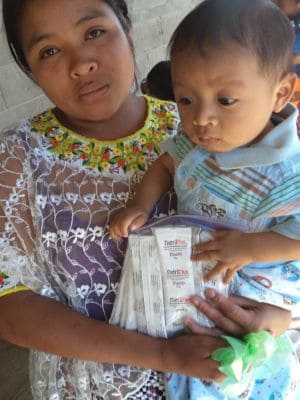Professor Edward Fischer
Cornelius Vanderbilt Professor of Anthropology
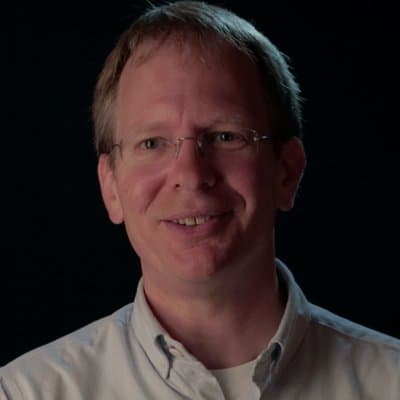
Ted Fischer’s research looks at how cultural values and social conventions shape the global economy, most recently with the trade in coffee. He also writes about the cultural contexts of health and wellbeing. He holds the Cornelius Vanderbilt Chair in Anthropology at Vanderbilt University, where he also has appointments in the School of Medicine and the School of Management. He has authored and co-authored a number of books, including Broccoli and Desire (with Peter Benson), The Good Life, and, most recently, Making Better Coffee: How Maya Farmers and Third Wave Tastemakers Create Value. His lectures are featured in The Great Courses video series.
In 2009, Fischer founded Maní+, an award-winning social enterprise in Guatemala that develops and produces locally-sourced, peanut-based complementary foods to fight malnutrition (now part of LISTO, S.A.). He serves on the board of the Maya Education Foundation and advises the World Health Organization on behavioral and cultural insights on health and wellbeing. At Vanderbilt, he directs the Institute of Coffee Studies and the Cultural Contexts of Health and Wellbeing Initiative. He has conducted long-term fieldwork in Guatemala, Germany, and the Netherlands with support from the MacArthur Foundation, the Alexander von Humboldt Foundation, the Robert Wood Johnson Foundation, and others.
As director of the Vanderbilt Center for Latin American Studies from 2001-2021, Fischer secured over $7m in external funding to implement a strategy (“One Vanderbilt in Latin America”) that brought together faculty and students from all of the university’s colleges and schools to work on inter-disciplinary projects such as health and development in Guatemala and race and democracy in Brazil. This served as a model for the university’s international strategic plan.
Born and raised in Dothan, Alabama, “the peanut-capital of the world,” a college trip to Guatemala led him to major in anthropology and eventually to complete a doctorate based on research with Maya communities. He received his B.A. in 1989 from the University of Alabama at Birmingham and his Ph.D. in 1996 from Tulane University. Fischer lives with his family in Nashville, Tennessee.
Research Areas
Cultural Values and Political Economy
My work takes an ethnographic approach to political economy, looking at how the global market for products such as broccoli, eggs, and coffee are shaped by cultural values and social conventions as well as by material maximization.
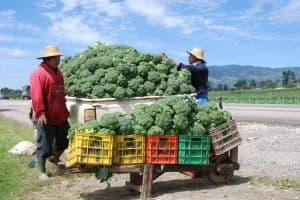
Cultural Contexts of Health and Wellbeing
A critical interest in economic development led me to the study of wellbeing and the ways it is measured and promoted. Based on that work, I began consulting with the WHO’s Europe office and expanded research to look at ways cultural contexts affect health policy and care.
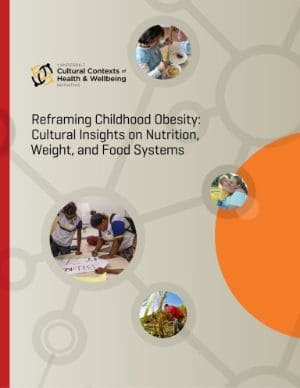
Indigenous Activism and Decolonial Movements
My dissertation project looked at the work of Maya scholars and intellectuals in Guatemala advocating for civil rights in the context of neoliberalization.
Maya Cultural Activism in Guatemala
Cultural Logics and Global Economies
Indigenous Peoples, Civil Society, and the Neoliberal State in Latin America
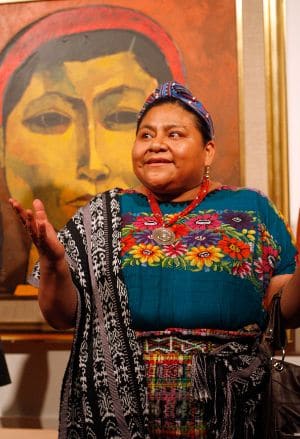
Cooperación LISTO Maní+
Responding to the dire situation of childhood malnutrition in Maya communities in Guatemala, I worked with the Instituto de Nutrición de Centro América y Panamá (INCAP) to develop and produce a ready-to-use complementary food (Maní+), now part of NutriListo, which won several social entrepreneurship and technical innovation awards.
